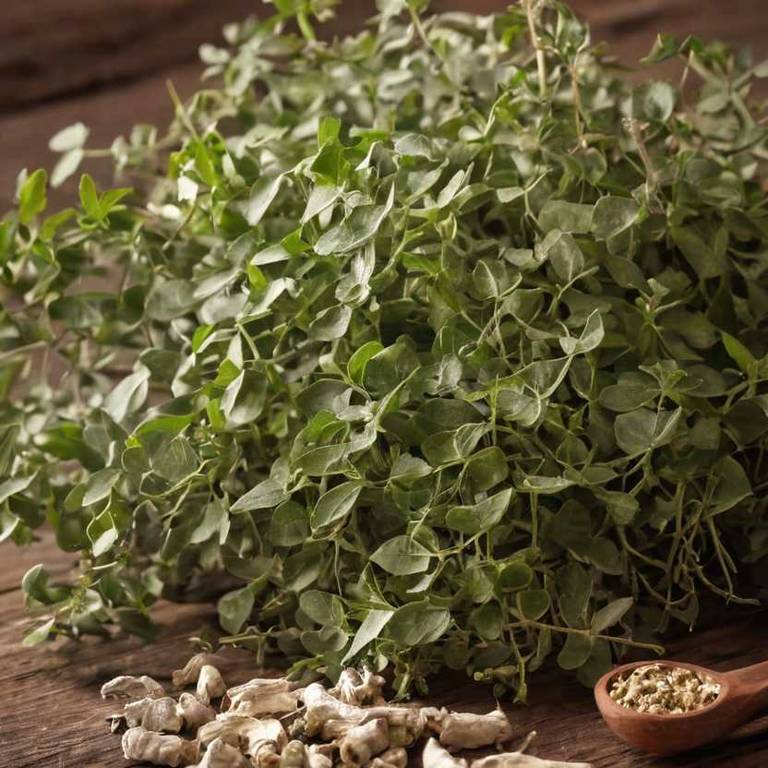By Leen Randell
Updated: Jul 07, 2024
What Are The Medicinal Properties Of Commiphora Mukul (Guggul)?

Commiphora mukul, also known as guggul, has health benefits such as reducing inflammation, cholesterol, and triglycerides.
The medicinal constituents of guggul include terpenoids, steroids, and resins, which contribute to its therapeutic properties. Various medicinal preparations, including guggul tablets, capsules, and extracts, are available to harness its benefits. Potential side effects of guggul use include gastrointestinal upset, allergic reactions, and interactions with other medications.
To safely use guggul, individuals should consult a healthcare professional and follow recommended dosages.
This article explains the health benefits, active constituents, medicinal preparations, possible side effects, and precautions related to Commiphora mukul.
What are the health benefits of Commiphora mukul?
Commiphora mukul, also known as guggul, has health benefits such as reducing inflammation and cholesterol levels in the body.
It has been traditionally used in Ayurvedic medicine to treat a range of conditions, including high blood pressure, arthritis, and obesity. Studies have shown that guggul can also improve lipid profiles, lower triglycerides, and even have antioxidant properties, making it a valuable natural remedy for heart health.
Its use has also been linked to improved insulin sensitivity.
Here's a detailed article about the 10 health benefits of Commiphora mukul.
What are the active constituents of Commiphora mukul?
Commiphora mukul, also known as guggul, has active constituents such as guggulsterones, flavonoids, and resin, which have been traditionally used to treat various health conditions.
Guggulsterones are known for their ability to lower cholesterol and triglycerides levels, while flavonoids possess anti-inflammatory and antioxidant properties.
The resin of the plant is rich in sesquiterpenoids, which contribute to its antimicrobial and anti-inflammatory activities, making it a valuable herb in traditional medicine.
Here's a detailed article about the 10 active constituents of Commiphora mukul.
What are the medicinal preparations of Commiphora mukul?
Commiphora mukul, also known as guggul, has medicinal preparations such as Gugulipid, Gugulipid Plus, and Gugul extract.
These preparations are often used to lower cholesterol and triglyceride levels. Gugulipid, in particular, has been shown to significantly reduce LDL and total cholesterol levels while maintaining HDL levels.
The extract has been traditionally used in Ayurvedic medicine for its anti-inflammatory and antioxidant properties, making it a popular natural remedy for cardiovascular health.
Here's a detailed article about the 10 medicinal preparations of Commiphora mukul.
What are the possible side effect of using Commiphora mukul improperly?
Improper use of Commiphora mukul, also known as guggul, increases the chances of experiencing side effects such as gastrointestinal issues, including diarrhea, nausea, and vomiting.
It can also lead to allergic reactions like skin rashes, itching, and hives. High doses of guggul may cause liver damage, kidney problems, and interactions with other medications.
Furthermore, long-term use can lead to anemia and bone marrow suppression.
Here's a detailed article about the 10 most common side effects of Commiphora mukul.
What precautions to take when using Commiphora mukul medicinally?
Here's a detailed article about 10 precautions to take when using Commiphora mukul.